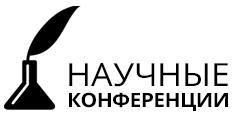Throughout history, humans have used tools to alter nature in order to enhance their performance. However, in this digital age, even with new technology, many aims of education remain unchanged. One such aim is developing the ability to think critically. Critical thinking remains highly valued in all fields of study. Societies generally, but especially those in the West, would like their educational institutions to produce individuals with critical thinking abilities. Most educators regard critical thinking as a primary aim of education. Concern with critical thinking in its broad sense is not new. Burbules and Ruperk (1999) have said that critical thinking has been an important element in the Western tradition of education. An ancient Greek scholar Socrates (470-399 BCE) sought to develop critical thinking skills when he used his method of questioning to develop human thought; he sought to make his students more reflective about their lives.
